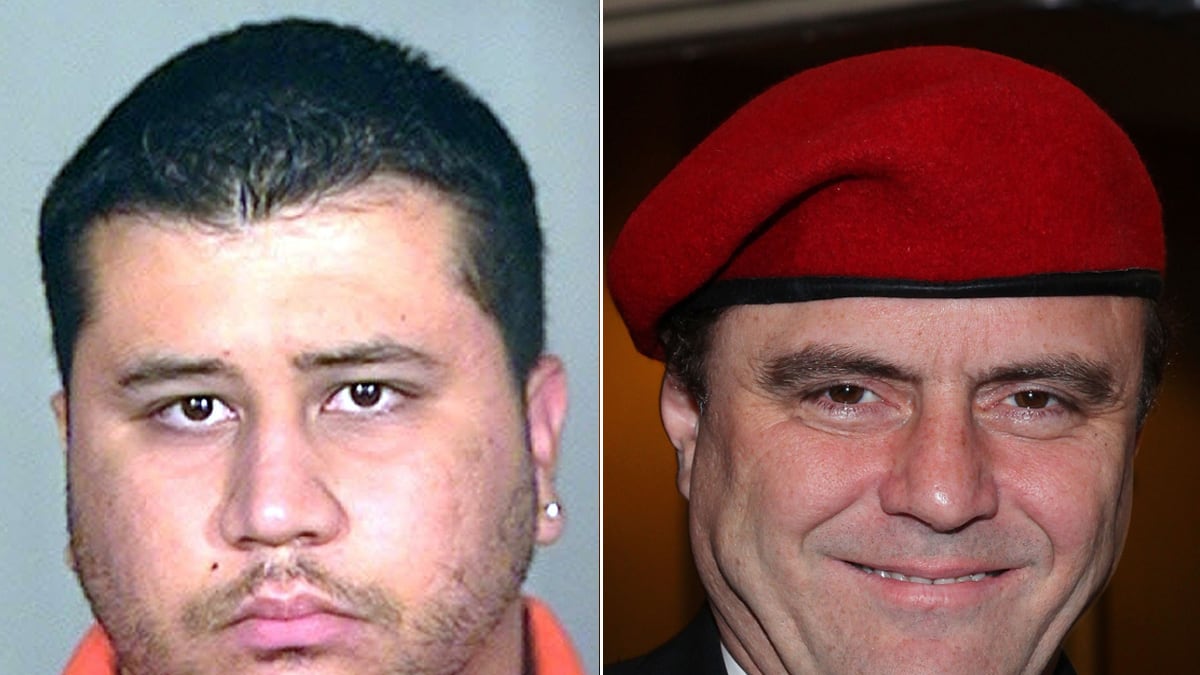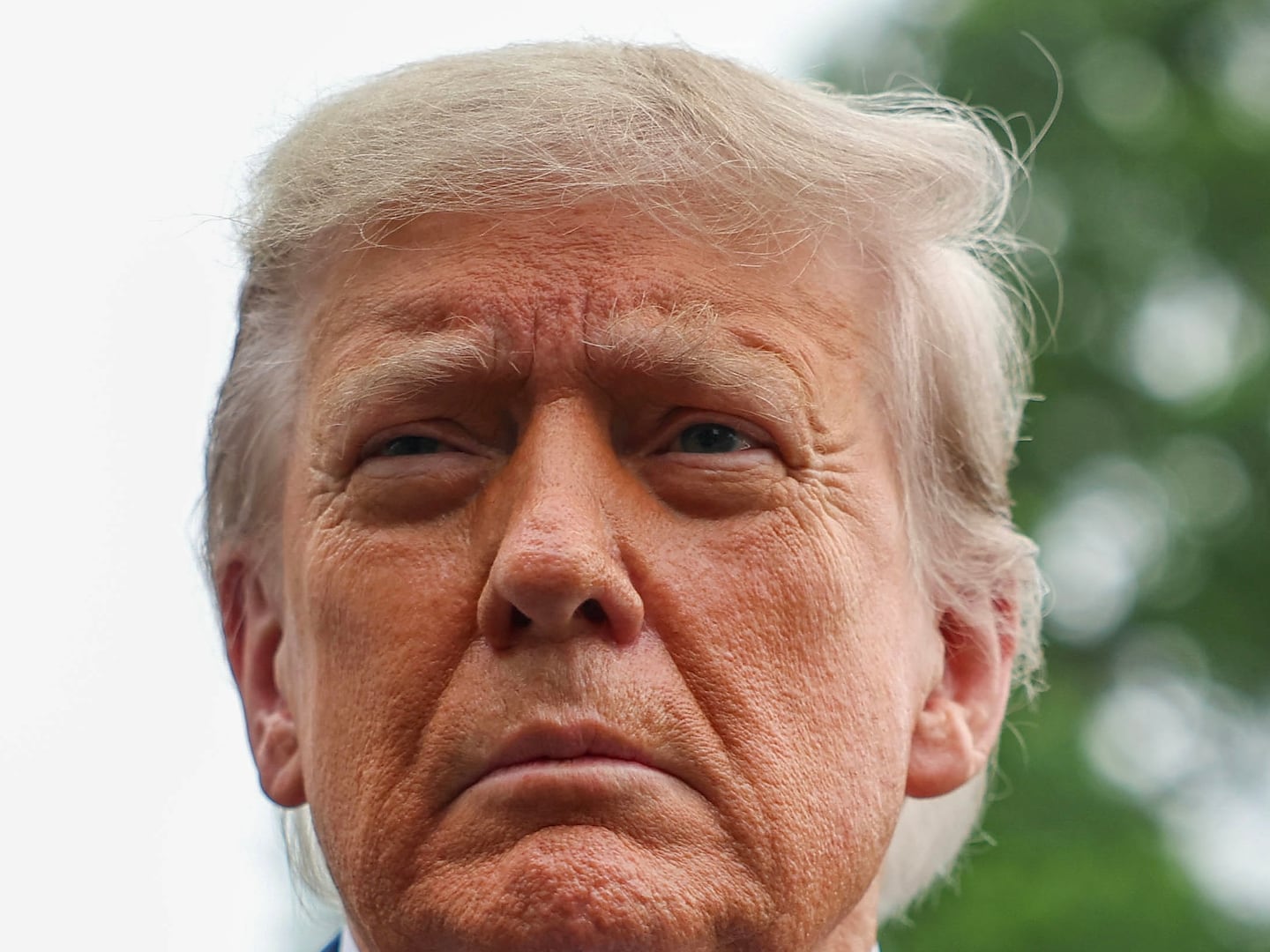“This guy anointed himself as a watchman, and he was on a mission that clearly had paranoia as part of it. There were no checks and balances…He was a one-man army. It’s almost like he was Travis Bickle in Taxi Driver. Not like your local block watch guy or gal, who generally is of no threat to anyone in a community.”
That’s the founder of the Guardian Angels, Curtis Sliwa, offering his take on George Zimmerman, the man who has become for some the face of neighborhood-watch groups around the nation in wake of the murder of Trayvon Martin.
Sliwa is perhaps best known these days as a New York City talk radio show host, but he was a controversial figure when the Guardian Angels were first formed in 1979 as a way for citizens to push back against the atmosphere of rampant crime and civic decay. The group—whose volunteer members are always unarmed, unlike Zimmerman—was accused at the time of representing a resurgence of vigilantism, a criticism that future mayors and police chiefs retracted.
Now, with cities cutting back on cops amid budget cuts, more crime-watch groups like the Guardian Angels are deployed in communities across the nation. The murder of Martin threatens to undercut the hard-won trust that these groups have built while keeping communities safe, according to Sliwa.
“It’s the same comparison that some people might make incorrectly based on what the serviceman in Afghanistan did—leaving his base, slaughtering the women and children as they slept—and then thinking, That’s the U.S. military,” says Sliwa.
Experience suggests to Sliwa that if Zimmerman had a partner on the patrol, rather than acting as an armed “lone wolf,” things might have turned out differently. “If Zimmerman were out there with a partner or someone else, they might have said, ‘Zimmerman, you’re overreacting,’” Sliwa says. “‘OK, so he’s walking fast. Well, that’s not a crime.’ Whatever his paranoid reaction was to the movement of the young male, there was no justification to that whatsoever. Having more people sometimes will mute a potential overreaction.”

Sliwa also finds fault with the Sanford Police Department, which declined to arrest Zimmerman under Florida’s Stand Your Ground law, intended to protect self-defense. “[Zimmerman] was told step back,” he says. “He knows he’s subordinate to the police. He was a criminal-justice student. He knows better than that. He crossed the line. The law was intended to let you be the respondent to an aggressor—not to empower you as an aggressor yourself. He was clearly an aggressor in every action he took. He should have been arrested. He should have been charged at least with manslaughter…The ones who could have nipped this in the bud were the Sanford police. They could have just arrested Zimmerman—probable cause, let the judge determine the facts. You know, ‘We’ll just remand it to court.’ But they chose not to do that, and now it’s exploded.”
As a veteran of racially divisive crime control debates in New York, Sliwa is cautious about the attempt to cast this killing as simply a case of white vs. black racism, rather than an armed and unstable individual. “I think at this point there’s a rush to throw gasoline on the fire to make it seem like it’s a white/black issue,” he says. “This always happens. It gets more attention whenever you have a racial overtone. We don’t know that to be true. The community was interracial. No one suggests that the guy [Zimmerman] had a history of doing this or dropping the N-bomb or wearing a hood—not a hoodie, but a hood like from the KKK. And from what we understand, he’s a person of color himself. The name Zimmerman throws people off, but I have a lot of Latinos in the Guardian Angels whose last name is Zimmerman. It’s not an uncommon Latino name.”
What’s certain is that the fallout from the death of Martin, almost one month ago, is causing overdue national reflection on the double standards that can crop up when victims of crime—or police violence—are black. At the very least, it is easy to believe that the outrage and impulse to arrest Zimmerman would have come to the forefront more quickly had the victim been an unarmed white kid carrying an iced tea and a bag of Skittles.
But as the grand jury investigates, neighborhood watch groups that have helped bring down crime in communities across the country are being viewed with suspicion and treated as potential triggermen. It is a consequence that Sliwa says the Guardian Angels are already seeing on the streets.
“All of a sudden some young black men have said to us as we’re going to an area, ‘Hey, who are you eye fornicating.’ And I’m cleaning up the language there,” Sliwa says. “These same guys would never have said that before. They would have said, ‘OK, walking through the area, that’s good, keeping an eye on things.’ Now all of a sudden there’s this hostility because they look at us—or they look at other public safety volunteer patrollers—and they see Zimmerman. Zimmerman has become the face of block watch, crime watch. And that’s an outrage.”






